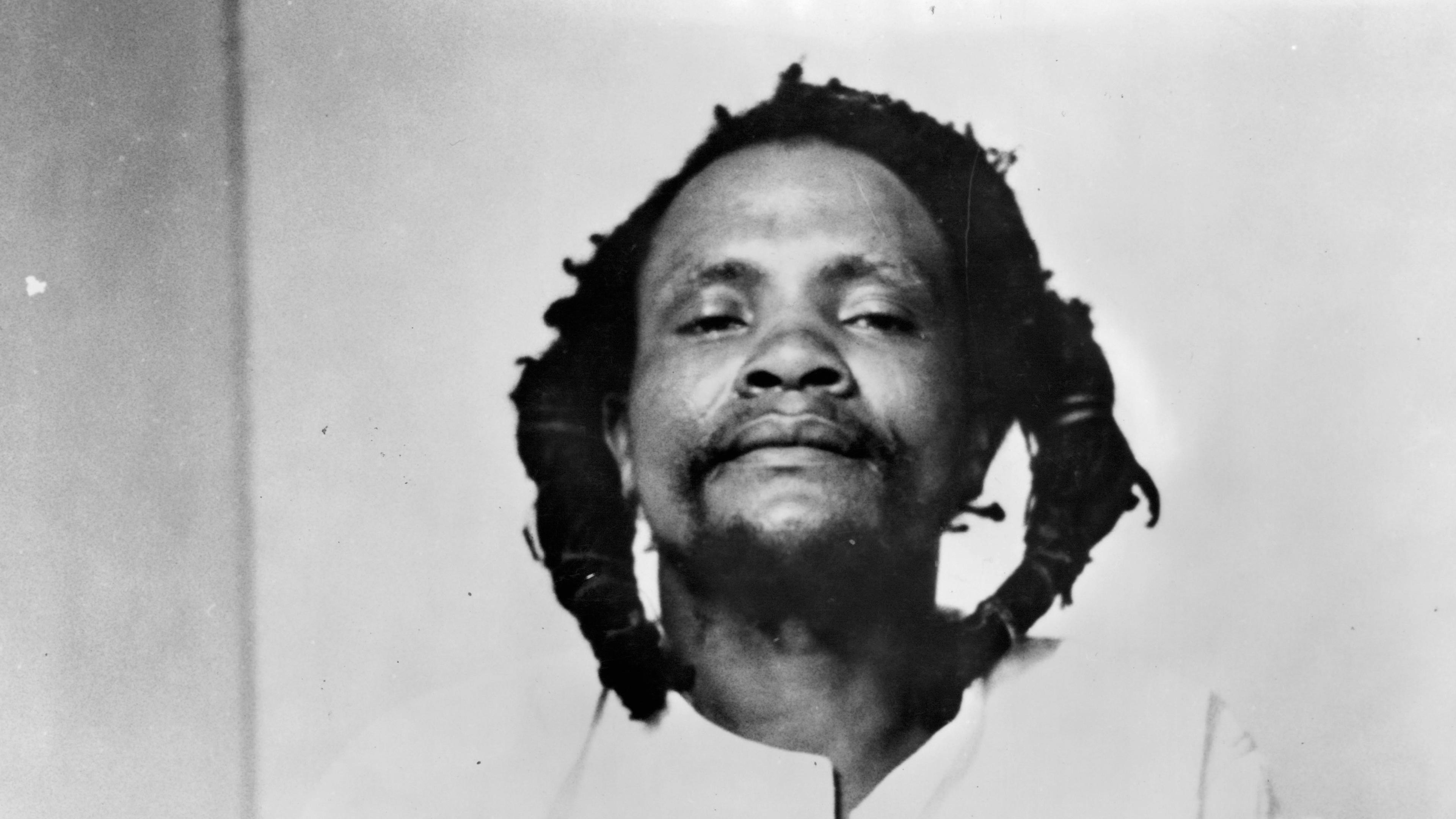
moe. and Acidfinky to host a fundraiser for Sudan and Palestine
Come down next Wednesday, December 10th.
Loading

Two years of war in Ukraine | Trade unions for Palestine | Dedan Kimathi day
By Staff
Our weekly roundup of stories you may have missed.
Trade unions in solidarity with Palestine
Last week the Indian trade union WTWFI, representing thousands of workers at 11 major ports, declared it would refuse to load or unload arms shipments bound for Israel. The declaration is the latest development in a wave of trade union solidarity with Palestine, following similar protests by workers in Italy, Belgium and Spain.
In Gaza, Israeli forces are currently preparing a ground invasion of Rafah on the Egyptian border, once home to 300,000 people, where over 1 million Palestinians are currently sheltering with nowhere to go.
Two years since Russia's full-scale invasion
Saturday 24 February marks the second anniversary of Russia’s full-scale invasion of Ukraine. Characterised by widespread human rights violations and war crimes by the Russian military, the invasion has claimed at least 30,000 civilian lives. This week also marks ten years since the Russian annexation of Crimea, a precursor to the full-scale invasion. Follow Vitsche Berlin to find out about events and demonstrations in Berlin in solidarity with the people of Ukraine.
Displacement in the DRC
Violence is on the rise in the Democratic Republic of Congo, posing a serious threat to the country’s already underfunded aid system. Last week, there were major protests against the UN and at the embassies of France, Britain and other political allies of Rwanda, who are accused of funding one of the country’s largest and most deadly armed groups, the M23 Movement. Nearly 6 million people have been internally displaced across the eastern provinces of Ituri, North Kivu, South Kivu and Tanganyika.
Dedan Kimathi Day
18 February marked the anniversary of the execution of Kenyan resistance fighter and anti-colonial revolutionary Dedan Kimathi Waciuri under British colonial rule. Kimathi was a key figure in the Kenyan resistance during the 1950s, sparking the rebellion that finally led to independence in 1963. To this day, Britain refuses to disclose the site of Kimathi’s burial. Honouring his legacy, Kimathi Day is celebrated by Kenyans and freedom fighters worldwide.
Hanau anniversary
Today marks the fourth anniversary of the right-wing terrorist attack that killed nine people in the German city of Hanau in 2020. We remember Gökhan Gültekin, Sedat Gürbüz, Said Nesar Hashemi, Mercedes Kierpacz, Hamza Kurtović, Vili Viorel Păun, Fatih Saraçoğlu, Ferhat Unvar and Kaloyan Velkov. Migrantifa, Global South United and more have mobilised to honour the victims and demonstrate against racist violence. Join the demo in Berlin from 17:30 at S-Sonnenallee.
For more on Hanau, listen back to Fatma and Leila from Migrantifa and Global South United discussing mourning, resistance and the importance of showing up on the streets.
Russian opposition figurehead Navalny dies
Russian opposition leader Alexei Navalny has died in prison where he was serving a 30-year sentence for charges of extremism related to his criticism of Putin and anti-government mobilisation. The official cause of his sudden death has not yet been confirmed, but opposition figures blame the Russian government.
The Kremlin’s most prominent critic, Navalny was often celebrated by Western media as a liberal figure fighting against an undemocratic rule, disregarding his own deeply racist views and his involvement in the ethno-nationalist annual “Russian March” rally.
Julian Assange's final extradition hearing
Wikileaks founder Julian Assange will find out this week if he can appeal against his extradition to the US, where he could face a possible 175 years in prison. After a decade-long legal battle, the UK government approved his extradition in 2022 for charges related to publishing thousands of classified documents, including evidence of US war crimes in Iraq. His extradition and conviction would set a disastrous precedent for press freedom worldwide.
Controversial refugee debit cards introduced in Hamburg
Hamburg has become the first German state to introduce the SocialCard for asylum seekers. The prepaid debit card cannot be used to withdraw cash and prohibits online and abroad usage, a measure intended to prevent migrants from transferring welfare benefits to families in their countries of origin and to make Germany a “less attractive destination”.
The SocialCard plays into anti-migrant stereotypes, framing migrants as extorting money from the German state, and preventing asylum seekers from making payments not deemed essential by the state – this could include online payments to lawyers rendering them legally defenseless. Another mechanism to control and patronise refugees in Germany, the SocialCard in Hamburg is a pilot project for the nationwide establishment of the measure.
Header image: Dedan Kimathi.

Come down next Wednesday, December 10th.

This week: Gaza Biennale, embodiment workshops, listening sessions

Out now, featuring every genre we've ever had on the radio.